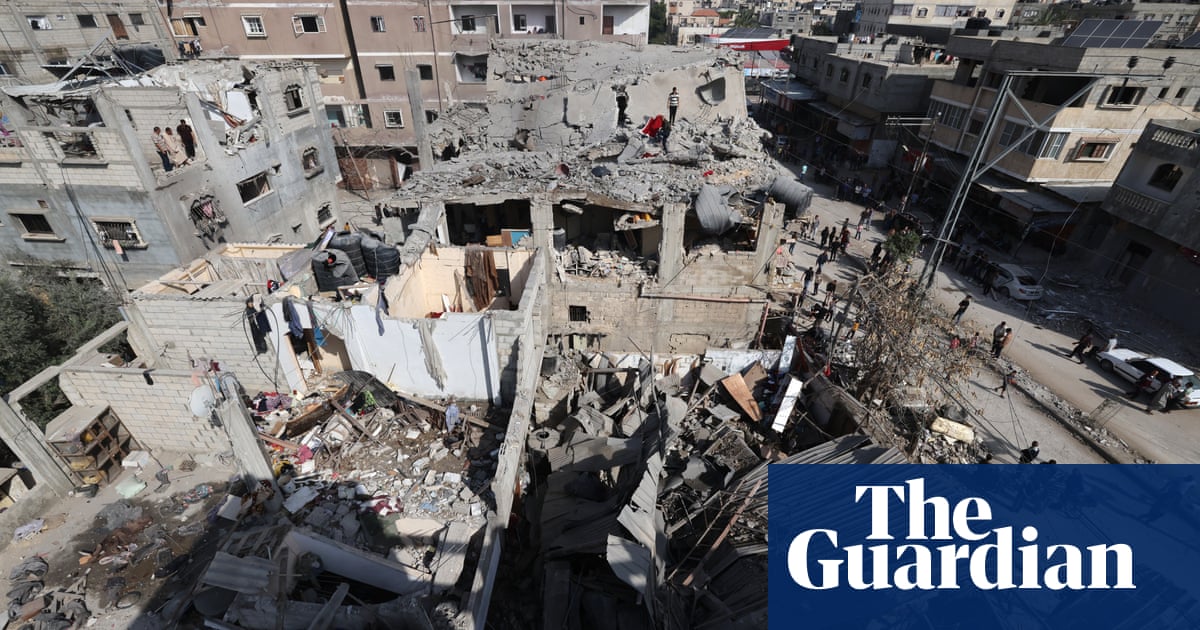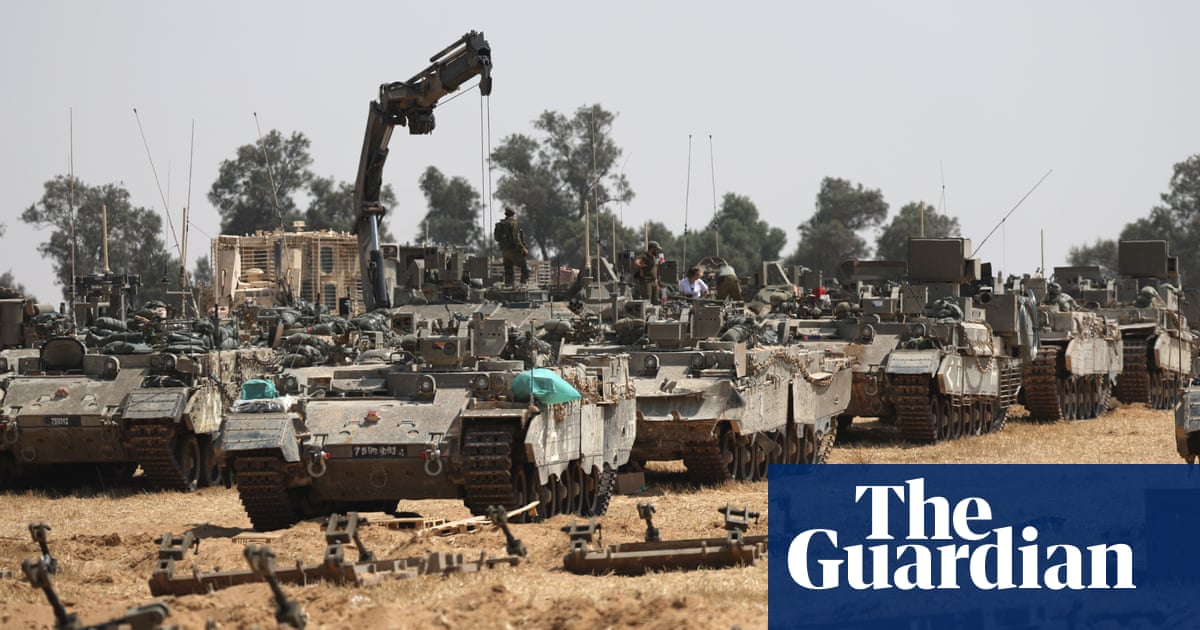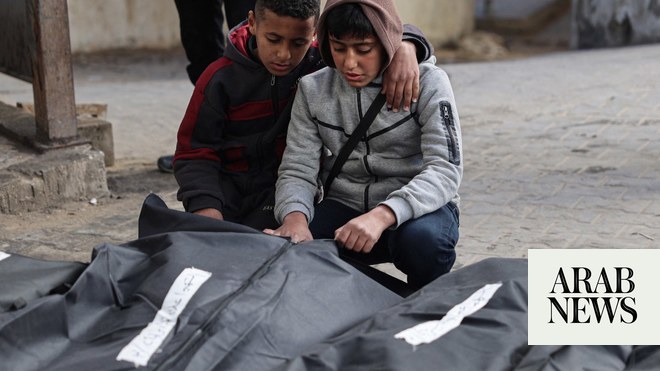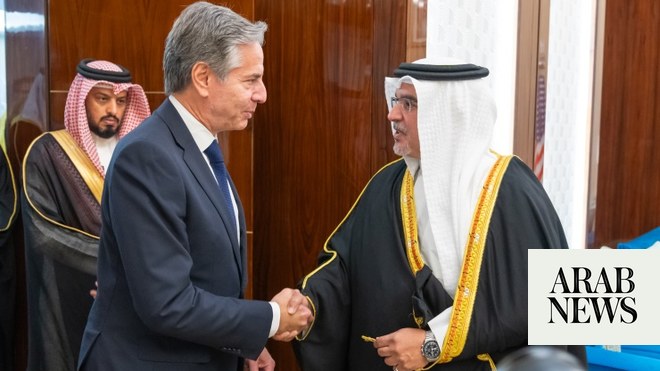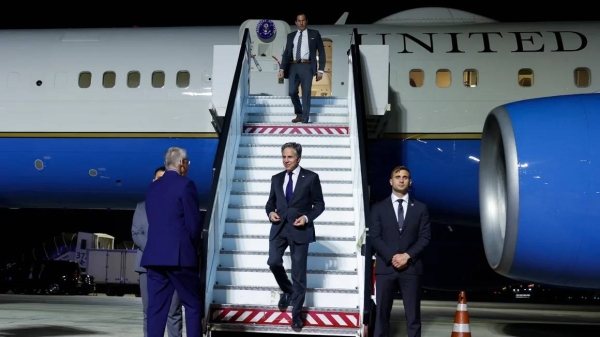
US Secretary of State Antony Blinken is poised for another round of high-stakes talks in Israel on Wednesday as the US seeks to ratchet up the pressure on Hamas to accept a ceasefire and hostage release deal, while also seeking to forestall an Israeli military offensive in Rafah and further address the humanitarian crisis in Gaza.
The top US diplomat arrived in Tel Aviv on Tuesday, following stops in Saudi Arabia and Jordan, capping off his seventh round of shuttle diplomacy in the region since Hamas’ October 7 attack. He is expected to meet with senior Israeli government officials, including Prime Minister Benjamin Netanyahu.
US officials have signaled some optimism about the potential of reaching an agreement to secure a ceasefire and release of the hostages held by Hamas after Israel put forward what Blinken described Monday as an “extraordinarily generous” proposal.
Blinken reiterated Tuesday that he believes a deal is “achievable because the Israelis put a strong proposal on the table” and that the US wants to see such an agreement come together “in the coming days.”
Israel “demonstrated that they’re willing to compromise, and now it’s on Hamas,” he said. “No more delays. No more excuses. The time to act is now.”
Blinken said the proposed agreement “is the best way, the most effective way, to really deal with the suffering of people and also to create an environment in which we can hopefully move forward to something that’s really sustainable.”
Still, securing an agreement is not a foregone conclusion. Negotiators from Egypt, Qatar, the US and Hamas gathered in Cairo as the latter considers a new framework proposed by Egypt that calls for the group to release as many as 33 hostages kidnapped from Israel in exchange for a pause in hostilities in Gaza, an Israeli source familiar with the negotiations and a foreign diplomatic source told CNN. Israel helped craft that proposal but has not fully agreed to it, sources said. Israel is awaiting a response from Hamas before deciding whether to send its own delegation to Cairo.
Even as the US seeks to secure a deal that it says will improve the long-term situation in Gaza, Blinken will push Israeli officials to do more in the immediate term to address the humanitarian catastrophe in the coastal enclave.
Blinken’s visit is his latest since the deadly Israeli strike on a World Central Kitchen aid convoy in Gaza in early April. That strike, which the Israel Defense Forces claimed responsibility for, sparked immense furor and the most pointed calls yet from the Biden administration for Israel to protect civilians and take more action to address the humanitarian situation in the war-torn strip.
“If we don’t see the changes that we need to see, there’ll be changes in our own policy,” Blinken warned at a news conference last month.
Although Israel had committed to changes – opening new crossings, allowing more trucks into Gaza, creating a deconfliction mechanism – it has been slow to institute them. The Biden administration has also faced criticism from aid officials who say they are preoccupied with counting trucks, rather than addressing the whole crisis.
Blinken said Tuesday that a first tranche of aid from Jordan was finally being sent into Gaza via the Erez crossing between Israel and northern Gaza, but that “more still needs to be done, and in particular, we have to make sure that our focus is not only on inputs but on impact.”
The top US diplomat said it is “critically important that there be a clear, affirmative list of items of products that are required for the well-being of people in Gaza ... and that we don’t have arbitrary denials of products that need to get into Gaza.”
Blinken is also expected to echo the repeated warnings from the Biden administration against a large-scale military offensive in Rafah, where more than a million Palestinians have fled.
“We have not yet seen a plan that gives us confidence that civilians can be effectively protected,” Blinken said Monday. Last month, he cast doubt on the idea that such a plan could even be developed.
“Inevitably there’s going to remain a pretty significant civilian population in Rafah, and we believe that a major military operation with a large presence of the civilian population would have terrible consequences for that population,” he said on April 20.
Netanyahu on Tuesday again threatened to carry out an offensive “with or without a deal.” Despite the threat, US officials said they do not believe that an offensive is imminent. — CNN





